Description
Chikoo / Sapodilla (Variegated, Graft) Fruit Plant
Chiku is a tropical fruit. It has an uncanny resemblance to kiwifruit in color and skin texture, except the chiku is slightly larger and without the hairy feel, but rough. The rounder variety which I planted does not look like kiwifruit except for the color. Chiku is spelt differently in different countries, but retaining the same pronunciation. Other names for chiku are sawo (Indonesia), sapota (part of India), lamoot (Thailand, Laos and Cambodia), sapote, sapodilla, zapote, sapoti, nispero, dilly, naseberry, chico sapote, and many other names. In Malaysia, we called it chiku. Its scientific name is Manilkara zapota.
The Sapodilla (chiku) is native to Mexico, Central America and the Caribbean. It was first introduced to the Philippines by the Spaniards. Now the chiku is a common fruit in South East Asia, India and Pakistan.
Features of Plant
The tree can grow to a height of 30 meters (100 feet) high. However, a grafted plant can be controlled to a low height. The tree is very hardy fruiting easily throughout the year, although the fruits take a long time to ripen. The flowers are minute and white in color.
Sapodilla , popularly known in India as Chiku. In India, it is cultivated for fruits that are liked all over the country. The fruit is a fleshy berry, variable in shape, size, and weight (75-150g). The skin is thin, rusty brown somewhat scurfy looking like Irish potato, and the pulp soft, melting, crumbling with a sandy or granular texture with 1-5 hard, black seeds.
Get in touch with us for small quantities for your rear garden, kitchen garden, home garden or large quantities for farmland development, fruit orchards, fruit farms, real estate layouts or commercial cultivation.
Health benefits of Chiku
- As with most fruits, Chiku has lots of beneficial nutrients and minerals.
- Chiku has a special compound called tannin which has anti-bacterial, anti-parasitic, and anti-viral properties.
- It has large amounts of vitamin A, vitamin B, and vitamin C. Vitamin A is good for the eyes, strengthening eye vision. Vitamin B helps to overcome fatigue and stress. And everyone knows the benefits of vitamin C, chief of which is the strengthening of the immune system.
- Chiku contains lots of dietary fiber. Fiber helps to maintain HEALTHY WEIGHT, relieve constipation and lowering the risk of diabetes and heart disease.
- The main minerals found in chiku are copper, niacin, iron, calcium, and phosphorus. Iron, calcium, and phosphorus are bone-strengthening minerals.
Care of Chikoo / Sapodilla Plant
- Soil: The pH of the soil should be around 6 to 8. Shallow clay type of soil is not suitable for Sapodilla farming.
- Humidity: Sapodilla is a tropical fruit and needs warm, humid climate for growth and development. The Sapodilla trees grow well up to an altitude of 1000 m.
- Sunlight: the Sapodilla tree growth in direct proportion to the amount of light received. Sapodilla trees prefer bright light and direct sun
- Pot : Sapota trees grow well in pot as long as you provide an adequate size pot for root development. Select a pot 18 to 24 plus inches in diameter and 20 plus inches in Sapota height, with adequate drain holes.
- Water: Water alternately, Do not too moist the soil.



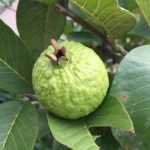
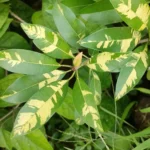
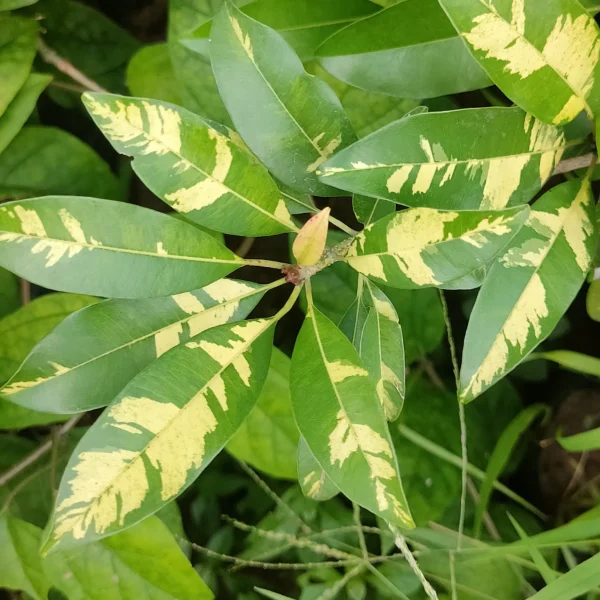
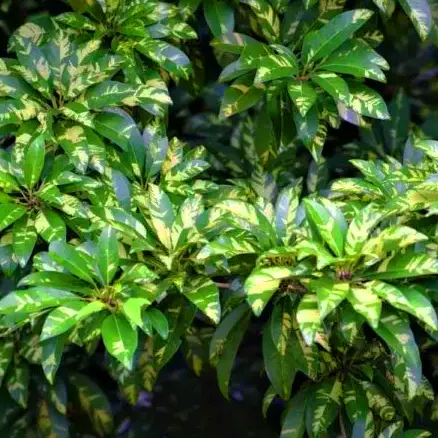
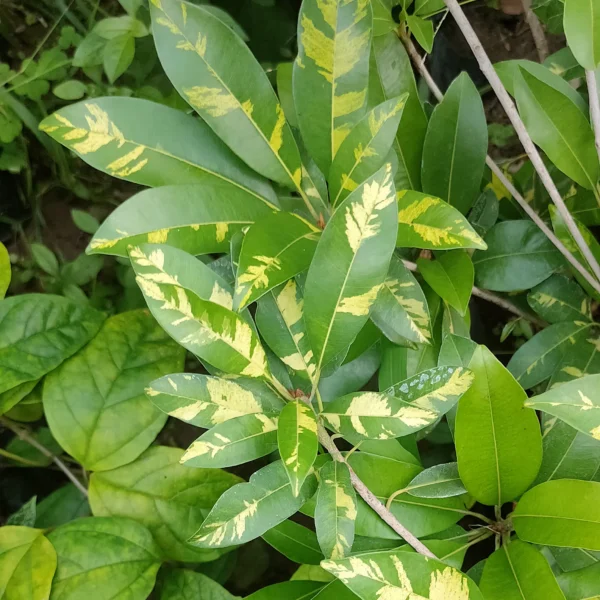
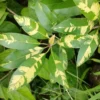
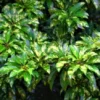
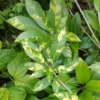
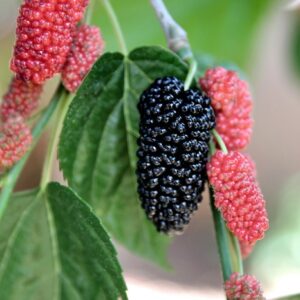
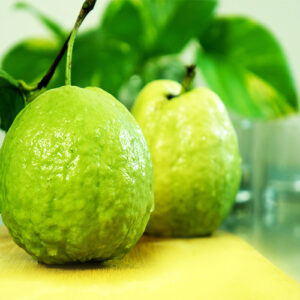
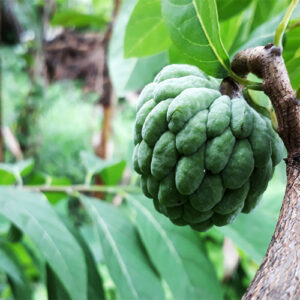
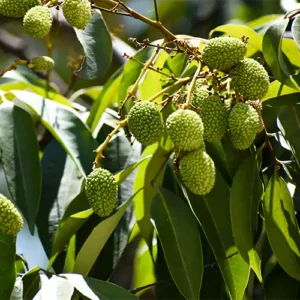
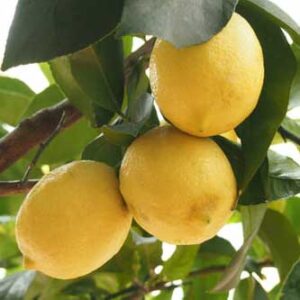
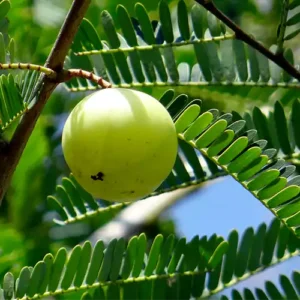
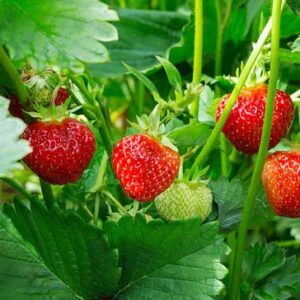
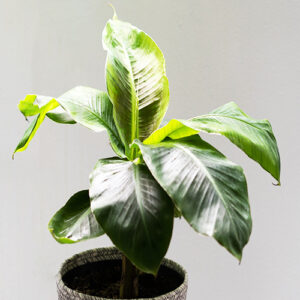
Reviews
There are no reviews yet.